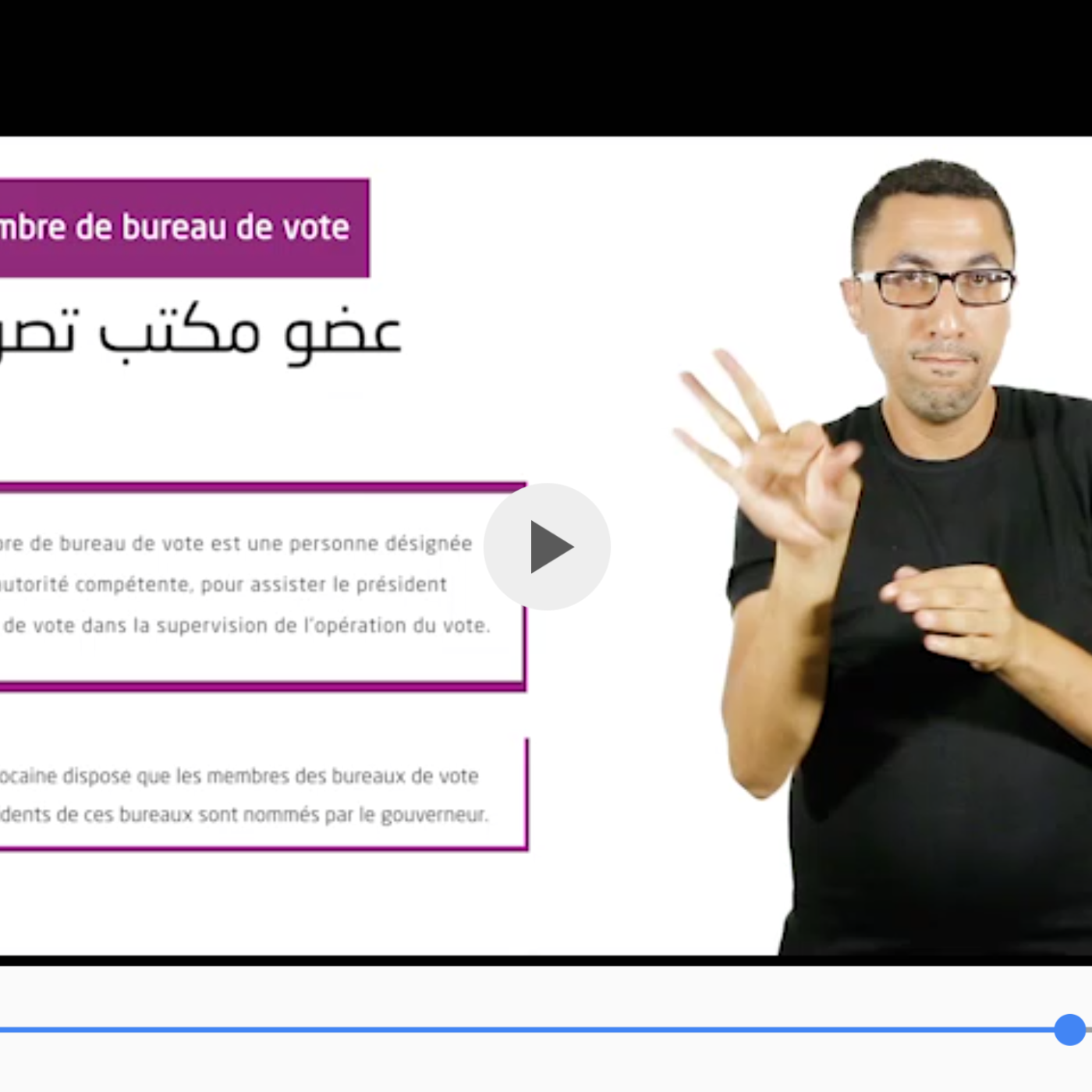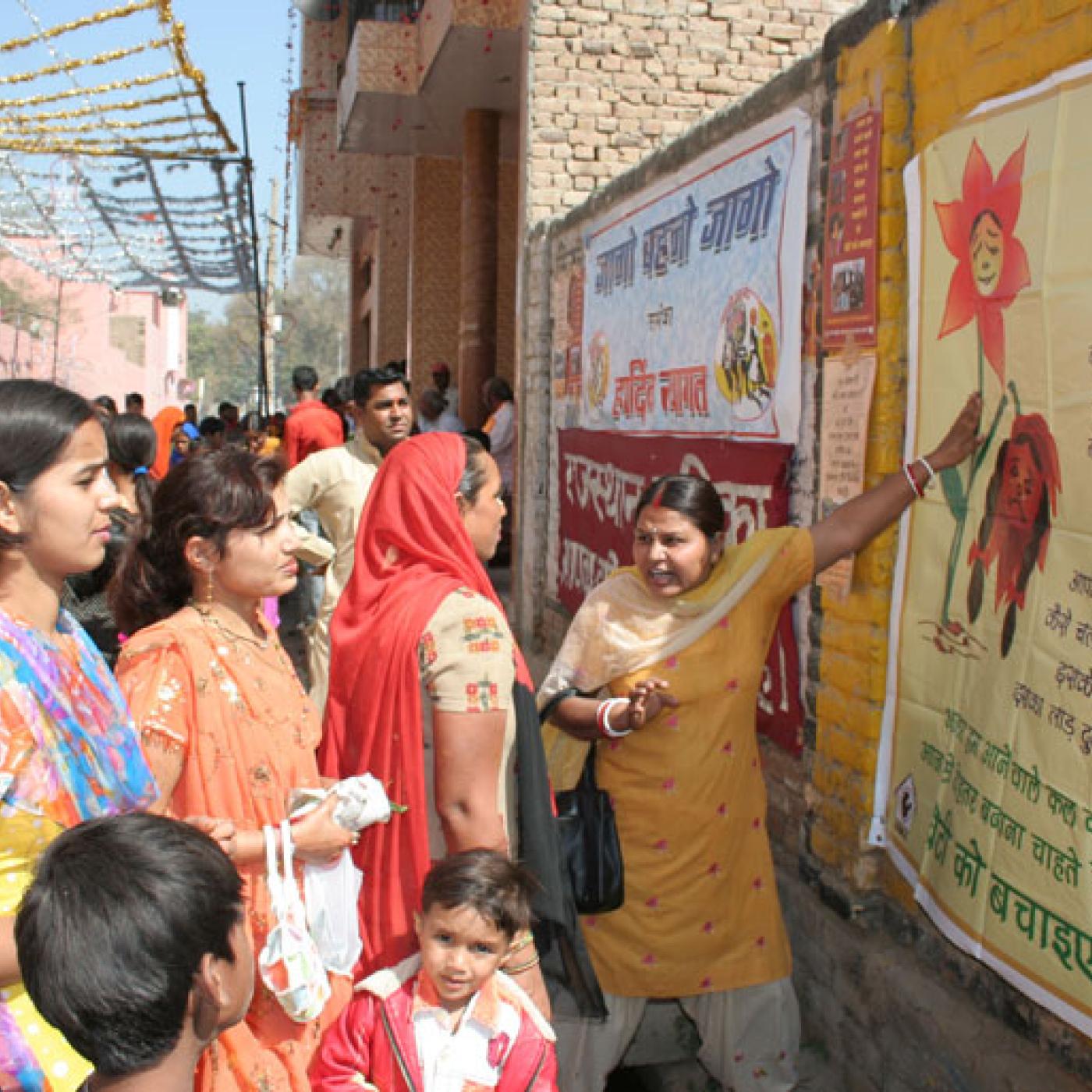Search
Filter by
Type
Publication date
Language
Type
Publication date
Language
Election FAQ
Elections in Paraguay: 2018 General Elections
On April 22, Paraguayan citizens headed to the polls to vote for national and local authorities. To help you understand this important electoral process, IFES provides Frequently Asked Questions (FAQs) on Elections in Paraguay: 2018 General Elections.
Publication
Report/Paper
Regional Director on “The Elections We Want” in Africa
As part of its annual report, the Wilson Center Africa Program asked IFES Regional Director for Africa Rushdi Nackerdien to contribute an essay on recent African elections. His piece, “The Elections We Want,” covered 2017 elections in Angola, Rwanda, Liberia, Senegal, the Gambia, and Kenya, and their implications for election practitioners moving forward.
January 31, 2018
News & Updates
Feature
India’s 37 Million “Missing Women”
As part of its U.S. Agency for International Development-funded Women’s Legal Rights Initiative in India, IFES launched the “Dignity of the Girl Child” campaign to address sex selection, infanticide and neglect of the girl-child. IFES’ campaign combined research and advocacy with targeted community-based interventions to sensitize and mobilize district and local administrators, the legal community, civil society, and the public on the need to value the life of the girl-child. It also engaged men as program allies and key decision makers.
News & Updates
Feature
New Version of Moroccan Sign Language Mobile App Released
On September 22, IFES Morocco released an updated version of its electoral lexicon mobile phone app. The app, named صوتي حقي , or “My Vote, My Right,” is an accessible civic education tool created for Moroccan citizens, particularly for those in the Deaf community. The app features live-person videos of all terms of the Moroccan sign language electoral lexicon in French, Arabic, and Moroccan sign language, as well as definitions of the terms in all three languages.
News & Updates
Feature
IFES CEO Presents Youth Engagement Strategies at Indian Election Commission Conference
On January 24, the Election Commission of India hosted an international conference in New Delhi focused on sharing successful strategies to empower young and future voters throughout the country. During the conference, International Foundation for Electoral Systems (IFES) President and CEO William R. Sweeney, Jr. presented IFES’ approach to engaging young people, as well as some of the organization’s programmatic methods.
News & Updates
Feature
IFES Celebrates International Day of Persons with Disabilities
The annual International Day of Persons with Disabilities, held on December 3, commemorates the human rights of persons with disabilities. This year we also celebrate the 10th anniversary of the United Nations Convention on the Rights of Persons with Disabilities (CRPD).
News & Updates
Feature
Video: IFES Creates an Electoral Lexicon in Moroccan Sign Language
In collaboration with a Moroccan Sign Language (MSL) consultant, the International Foundation for Electoral Systems (IFES) as part of the Consortium for Elections and Political Process Strengthening adopted the IFES Electoral Lexicon to MSL, improving access to civic education information among the deaf community.
Election FAQ
Elections in Morocco: 2016 Parliamentary Elections
Parliamentary elections will be held in Morocco on October 7. They will be the second set of legislative elections after the constitutional reform initiated by King Mohamed VI passed through a referendum in 2011.
News & Updates
Press Release
IFES Announces Winners of 2016 Photography Contest
Two compelling photographs depicting insightful moments of Election Day in India and voter registration in Nepal have won the top prizes of the International Foundation for Electoral Systems’ (IFES) 2016 Photography Contest. They were part of 10 photographs selected as finalists among the more than 100 images that were submitted to the democracy-themed competition.
News & Updates
Feature
Dignity for Indian Girls
Female feticide, infanticide and neglect of girls has been widely practiced in India with alarming implications on the rate of missing girls. By 2005, India’s ratio of girls to boys had declined so steeply that there were fewer than 900 Indian girls born for every 1,000 boys – one of the lowest rates worldwide.









